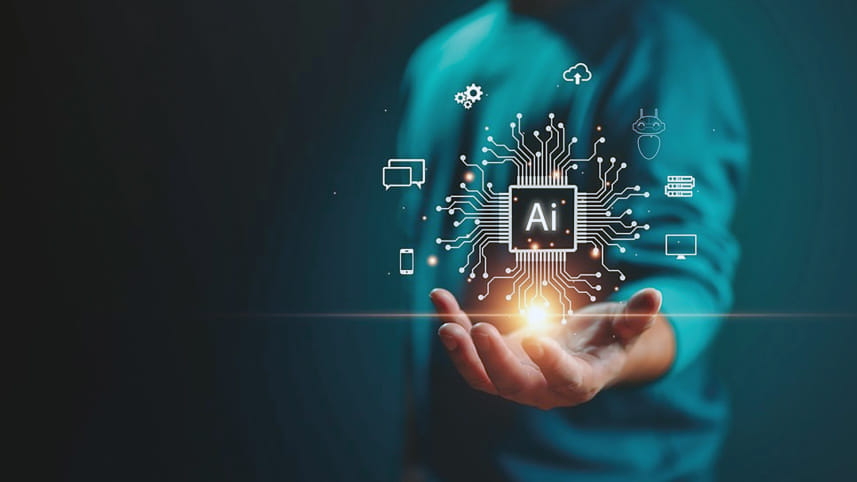Can AI improve medical decision-making?

Artificial intelligence (AI) is making its way into the world of healthcare, assisting doctors with complex medical decisions. Large language models (LLMs), such as ChatGPT, are already proving useful in diagnosing conditions, but their role in guiding treatment plans, risk assessment, and test selection is still being explored.
Recent research suggests that AI can enhance physicians' ability to manage difficult cases. When doctors used AI alongside traditional medical resources, they made better decisions regarding diagnosis and treatment than those relying solely on conventional tools. Interestingly, AI performed just as well on its own, suggesting its potential as a valuable decision-support tool.
While these findings are promising, they are based on case scenarios rather than real-life patient interactions. The next step is to test AI in live clinical settings. As technology continues to evolve, it could help doctors make faster, more accurate decisions. However, concerns remain about overreliance on AI, as well as the need for clear, well-structured prompts to get the most useful insights.
AI is not here to replace doctors but to support them in delivering better care. With careful integration, it could become a powerful tool in modern medicine, improving patient outcomes while maintaining human oversight in critical decision-making.
Source: Nature Medicine



 For all latest news, follow The Daily Star's Google News channel.
For all latest news, follow The Daily Star's Google News channel.
Comments